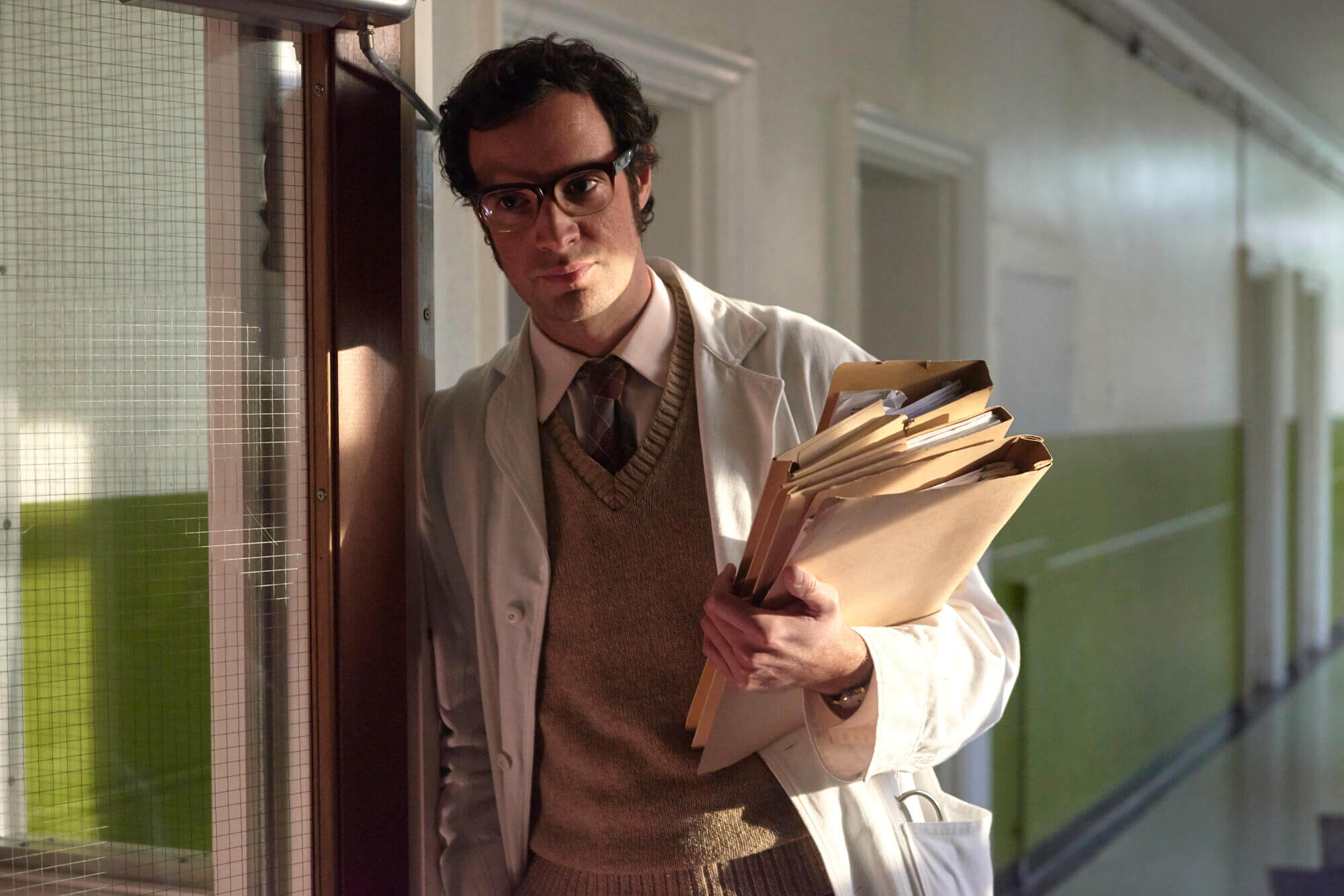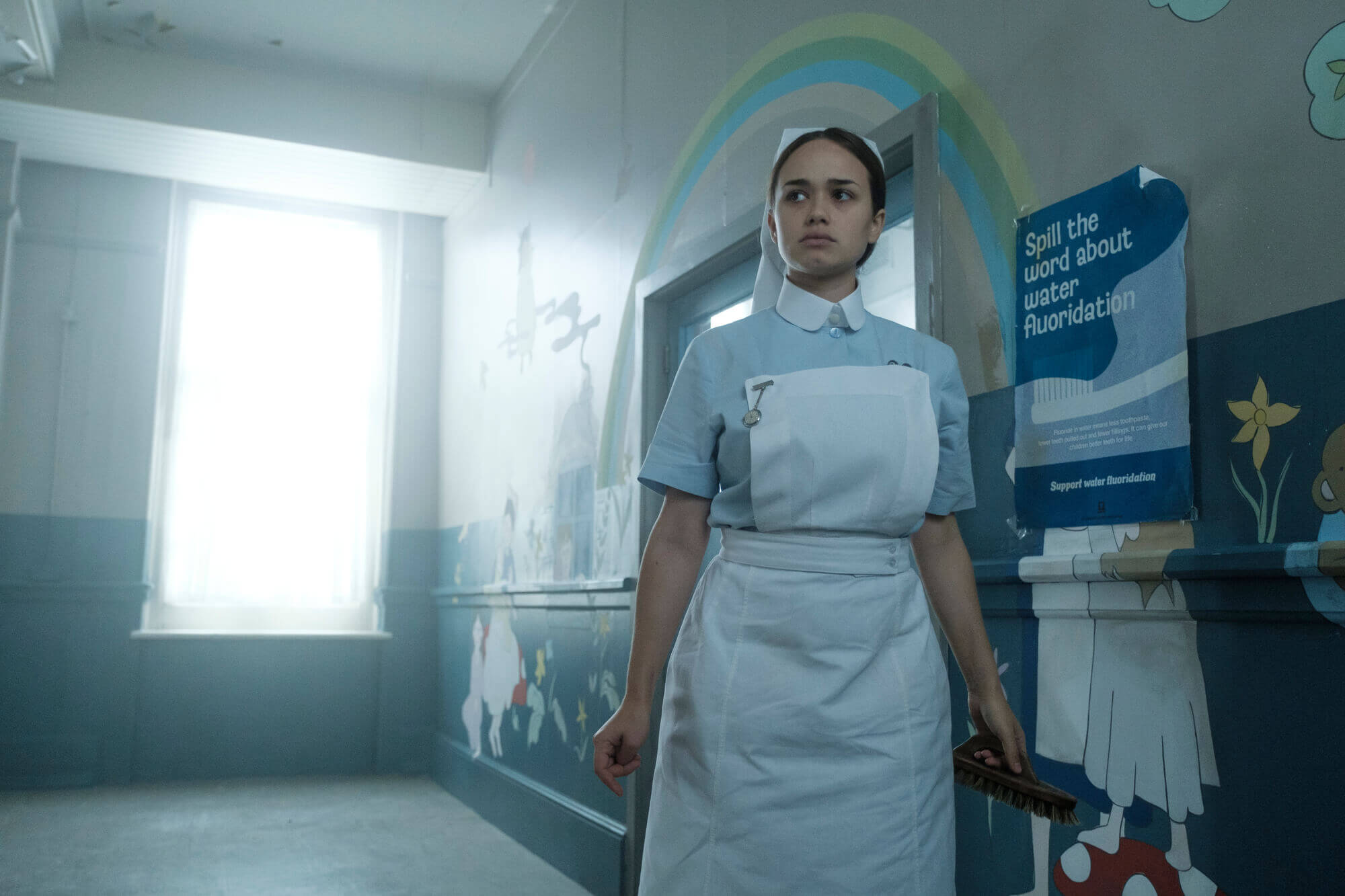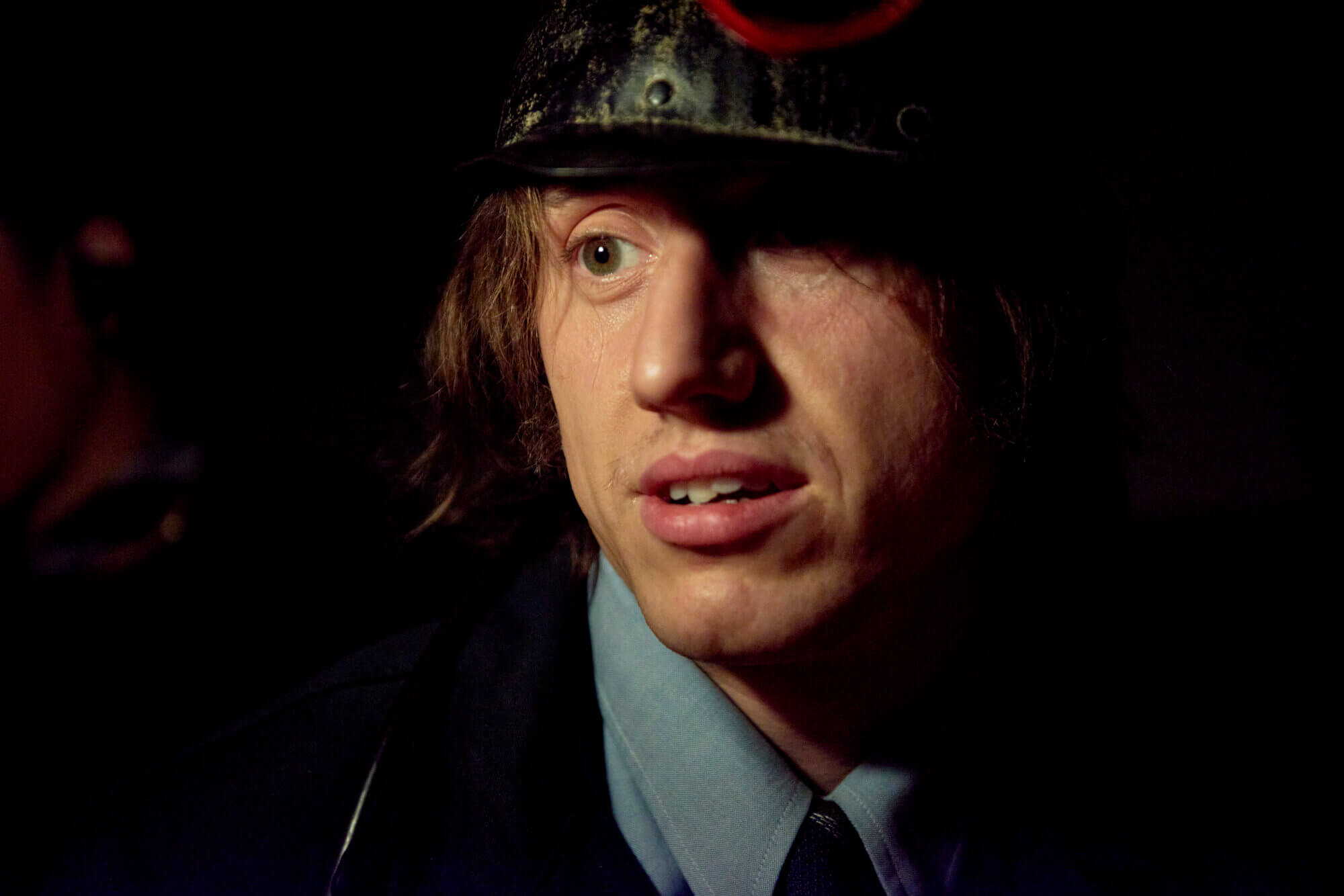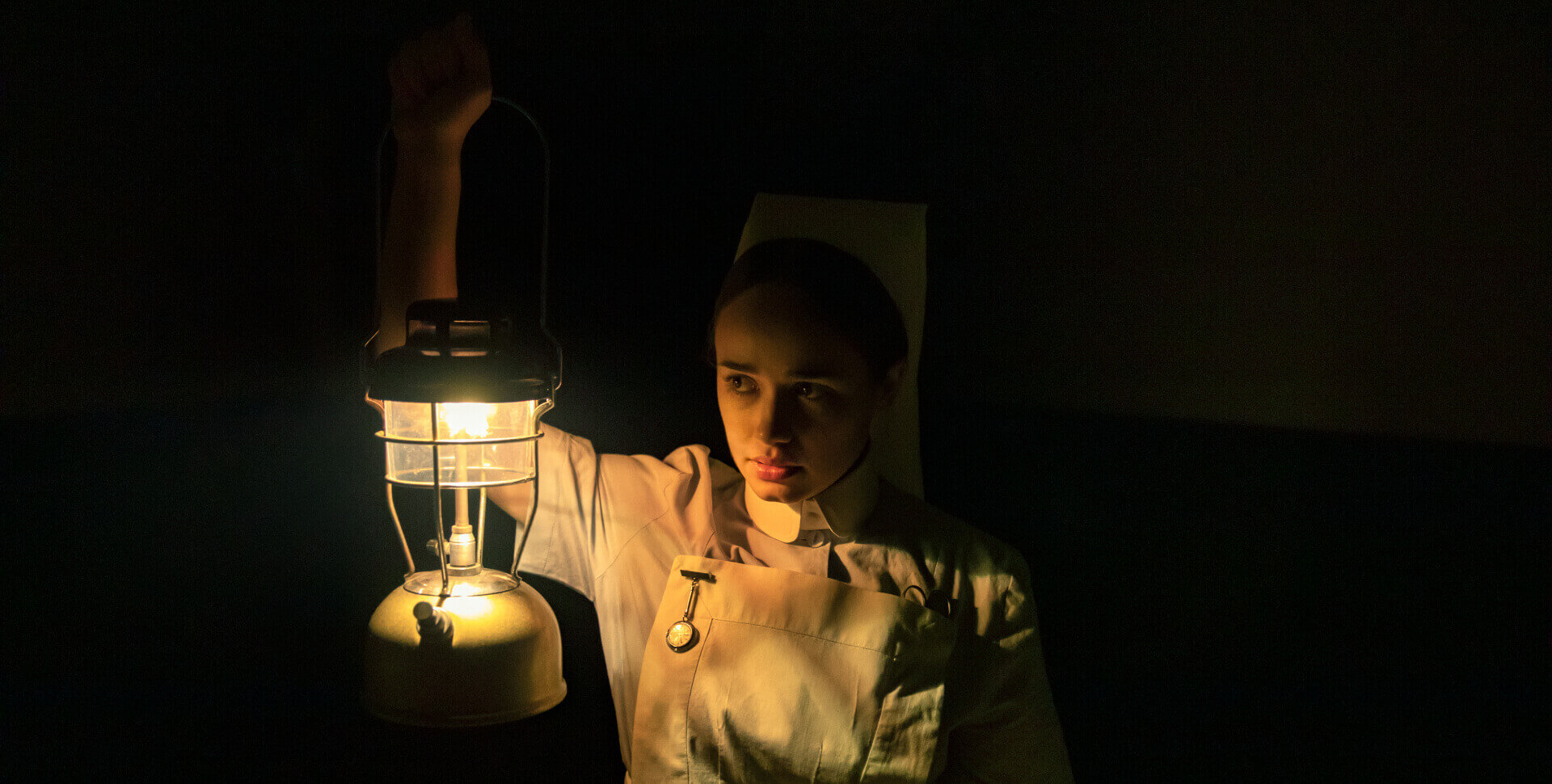Tried and true horror settings often have rather boring origins. In the case of mid-century, English hospitals — it's not as if their construction needed to be on the cutting edge; these are buildings meant to store and treat sick patients, so spaciousness is key. There needs to be room for beds, equipment, hazardous waste, and administration to run it all. You're supposed to walk out of a hospital feeling better, but many often don't. There are natural tragedies that happen within their walls, but they aren't unexpected. What really invites a sinister presence to these places are the fresh misdeeds of its inhabitants — ones blinded by a cocktail of human frailty, ironically violating oaths in pursuit of twisted personal desire. When these crimes give way to conspiracy, it's easier to mythologize an evil that has taken residence in something like a hospital. It takes a brave soul to unearth what has been swept under the rug, ready to be resurfaced — for the very point of the existence of sin is to infect all that is untouched by it.

Formal Control: For all that transpires in The Power, the camerawork is clear and concise. It's maybe not as flashy as it could be, but there are many horror films with a similar budget that seem to skimp on technique. This film has a steady hand behind the camera, which goes a long way in keeping the audience invested in its slow-burn scares. For as long as it flirts with the supernatural, The Power keeps its climactic elements close to the vest, opting for a gradual descent into terror, as its lead slowly starts to unravel her workplace's horrid past secrets. The entire atmosphere of The Power is successfully maintained from start to finish. Its scares are built on and integrated into a historical setting. It's not as if the film's only intention is mindless horror. There is an impressive amount of restraint here. It's so easy to imagine the kind of scares that could come out of a darkened hospital; while something is most certainly afoot, if you're expecting blood and guts, you may be disappointed. The Power often feels like a small allegory, a spotlight on the sins of the past. Societal attitudes can change, oppressed groups can gain equity as the human experiment continues, but it can't come at the expense of forgetting how they were treated not so long ago. Even ten years can make a world of a difference. Public opinion often swings wildly like a tetherball. The Power as a piece of art is an example of how far things have come; a female director can partake in genre fun while exploring potent, real-world social topics and history. Marvelous!

Where's The Fun? The Power may contain some real scares, but it is particularly lacking in thrills. Its darkness is also its most limiting aspect. Rose Williams in the lead role has more than enough to work with, and I find her character to be reasonably heroic in relation to her story, but everything around her sometimes is lacking in life. The steady cinematography is also afraid to engage in any wild trickery, so this does feel like a very traditional kind of horror, one where it just has to emanate through the screen instead of reaching out and seizing your eyeballs. That's not a criticism, but the experience as a whole isn't terribly interesting. I respect the decision not to sensationalize the raw material it mines for its scares, but I don't come out of it feeling like it changed the playing field. It's a mindful entry into the genre, but maybe not a lasting one.

The Power's artistic power comes through what first appears to be a tearful subtext, but as it eventually takes to its genre, the unseen becomes the seen. For audiences that prefer understated horror, this film straddles the line. It still retains its dirty, lurid aspects, but it makes a rather tasteful grab for something more. It is competently executed, proof of a cast and crew that they can deliver an old-fashioned English horror. I'm hoping their next has a more fully-formed sense of style.


